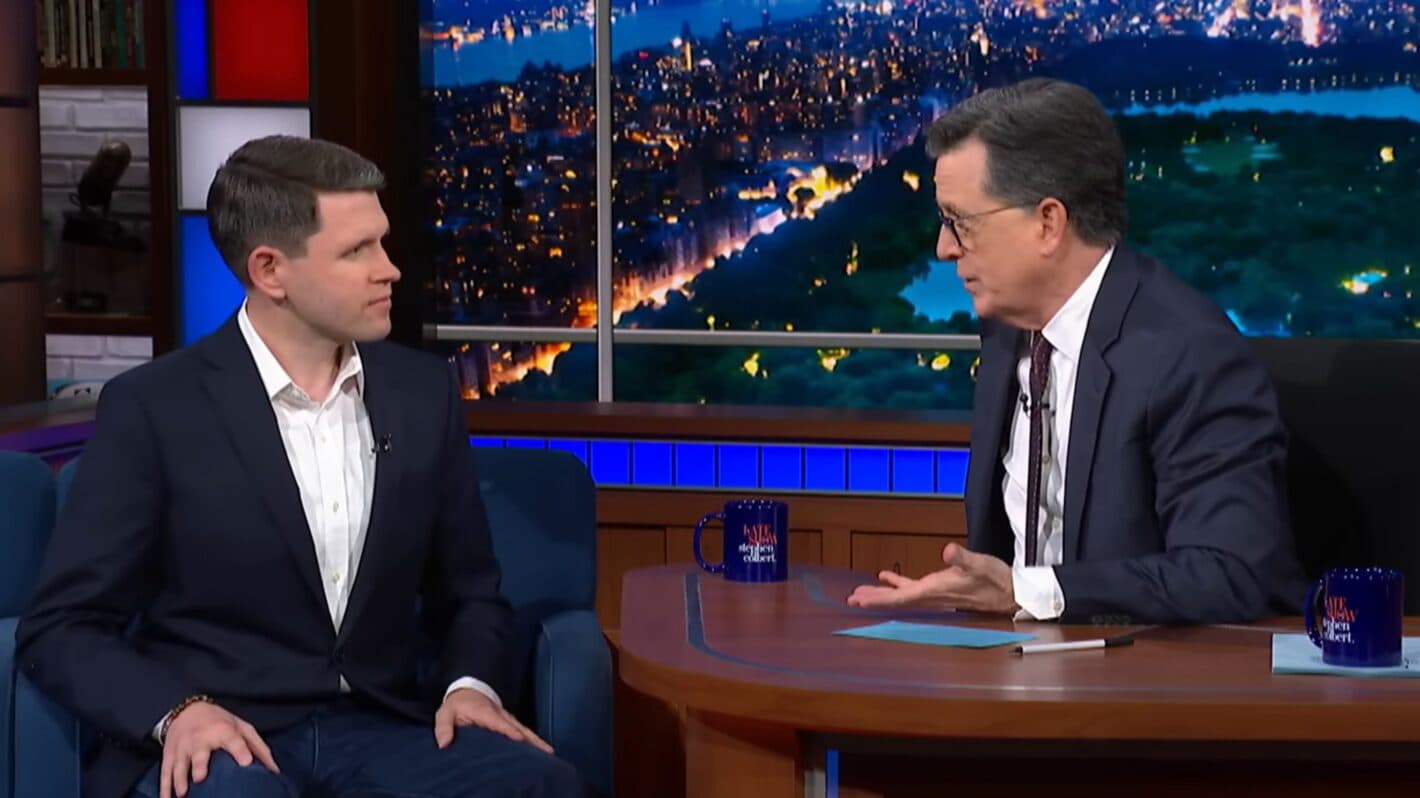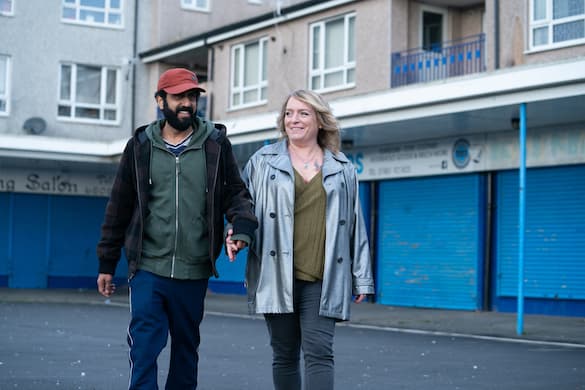
‘I Have the Right To Talk About Their Decision’: Colbert Doubles Down on Claim CBS Blocked Him From Interviewing Democrat
By BRADLEY CORTRIGHT
|One can’t help but fall in love with Claire Rushbrook, with her far-away stares and down-to-earth demeanor, and the charismatic Adeel Akhtar, who breathes life into even the most everyday of utterances.

Already have a subscription? Sign in to continue reading

By BRADLEY CORTRIGHT
|
By DANIEL EDWARD ROSEN
|
$0.01/day for 60 days
Cancel anytime
By continuing you agree to our Privacy Policy and Terms of Service.
By LAWRENCE KUDLOW